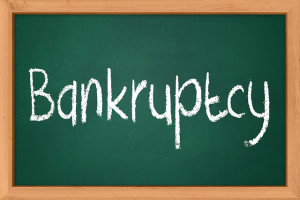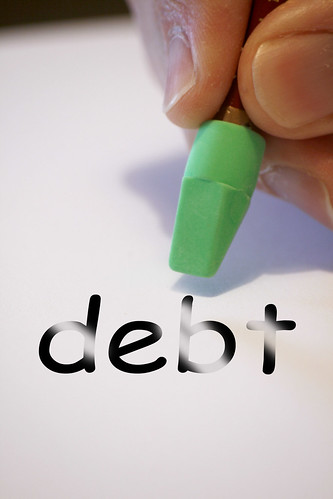Writing off income taxes forever through bankruptcy? Yes, it’s possible. What income taxes can a Chapter 7 bankruptcy completely write off?
It takes meeting at least four criteria.
But before I list and describe these, I have to emphasize that this whole area—dealing with tax debts in bankruptcy—is a very complex one. I present the information in these blogs to you because the more you know the better. But part of being informed is knowing when you definitely need an attorney’s help. So, part of my job is to make very clear when you are in a particularly difficult area, when you truly need the help of someone who spends his or her professional life thoroughly understanding the complex rules, and constantly applying them in the real world. This is clearly one of those areas.
And now on to those four minimum criteria for writing off income taxes in bankruptcy:
1. Has three years passed since the tax return was due?
This one is pretty straightforward, because every income tax debt has a due date for the filing of its tax return. The important twist here: if you requested an extension of time—usually from April 15 to October 15—the three-year period does not begin until the extended due date.
2. Has two years passed since the applicable tax return was actually filed?
It does not matter how ancient the tax is if at least two years have not passed since the return was in fact filed. And a “substitute for return”—the common procedure in which the IRS in effect prepares a tax return on your behalf based on the (usually incomplete) information it has available—that doesn’t count as a filed return for this purpose.
3. Has 240 days passed since the assessment of the tax?
In most situations, an income tax is assessed within a few weeks after you file it. Assessment is the tax authority’s formal determination of your tax liability, usually through its review and acceptance of your tax return. But sometimes the amount of tax is in dispute because of a tax audit or litigation about the amount. By the time the accurate tax amount is finally assessed, the above three-year or two-year time periods may have passed, but that tax cannot be written off unless that bankruptcy case is filed more than 240 days after the assessment. This 240-day period is also put on hold while a taxpayer’s “offer in compromise” is pending. Just like it sounds, that’s an offer to the IRS to settle the tax for less money or for specific payment terms.
4. Have you filed a fraudulent tax return or intentionally attempted to evade the tax?
Even if all the required time periods have passed, if you were dishonest on your tax return—such as not including some of your income or claiming invalid deductions–or tried to avoid paying a tax in some other way, that tax will not be written off in bankruptcy.
This discussion should give you a good idea of whether any or all of your income tax debts can be written off in bankruptcy. And in some cases applying these four conditions will give you an accurate answer. But there are some other considerations that can come into play. What if the IRS recorded a tax lien against your home and on your personal possessions? How would a prior bankruptcy affect these timing rules? What about your appeal of a tax? What’s considered an honest mistake on a tax return instead of intentional tax evasion? When can the taxing authority add a 30-day “tack-on” to the 240-day rule?
Bankruptcy can certainly write off income taxes under the right circumstances, but you need to have an experienced attorney review your personal situation to see if you truly meet those circumstances.
If you need a New Jersey bankruptcy attorney to help determine whether your income tax debt is dischargeable in bankruptcy, schedule a telephone consultation with attorney Jennifer Weil online at this Setmore page, or by calling (201) 676-0722.
Photo by StockMonkeys.com.







